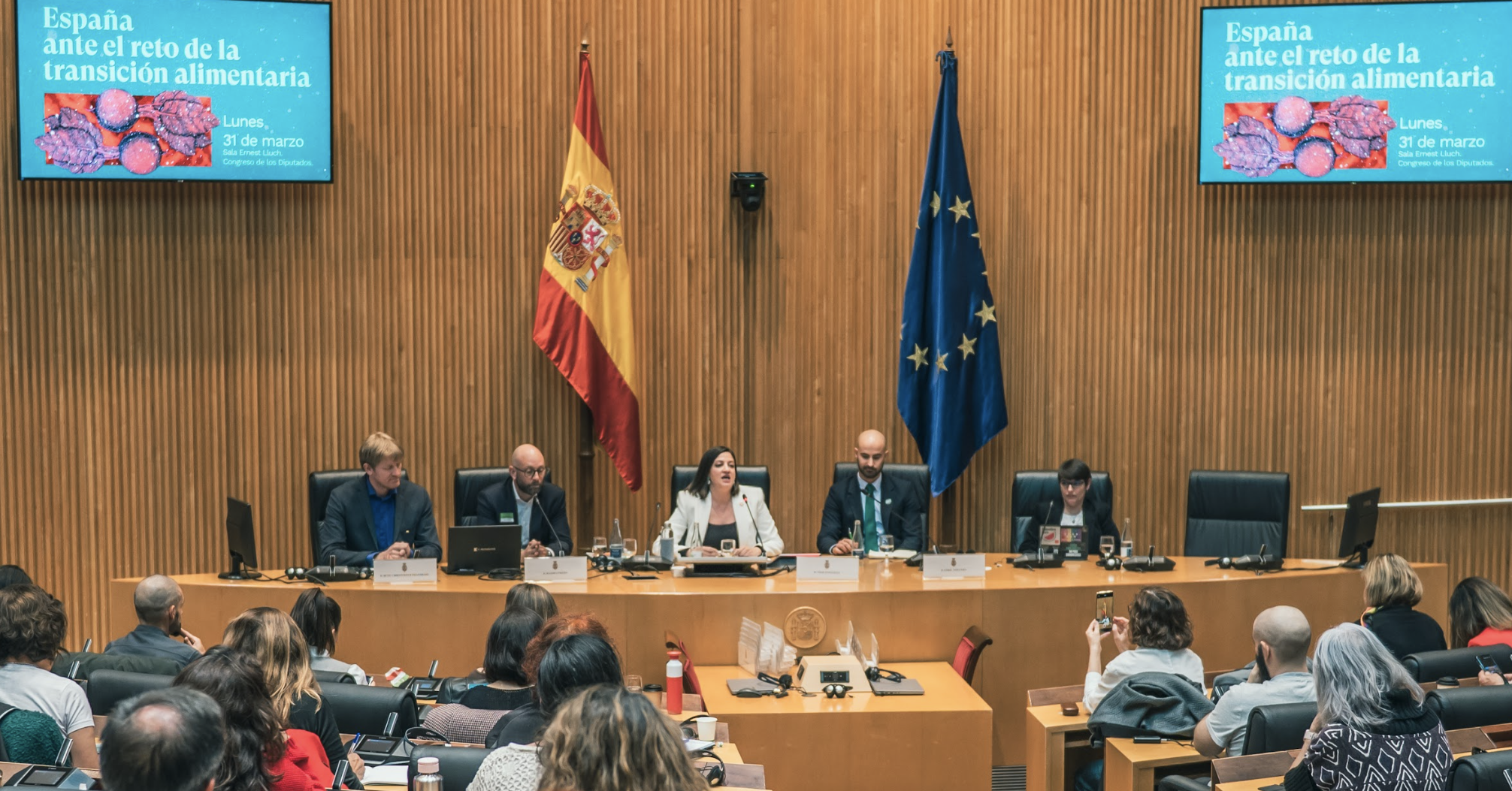Help transform billions of lives. Including yours.
Compassion in World Farming International was founded in 1967 in England by Peter Roberts, a British farmer who became horrified by the development of intensive factory farming. In an age where the debate about food provenance, sustainability and safety has never been more urgent, the challenge for Compassion in World Farming is to combat the spread of factory farming and ensure that animal welfare becomes a fundamental consideration within the global food system.
Location: Bologna or Northern and central Italy (max 2 h from Bologna) - Hybrid working, once a week in the office as a minimum
Job Type: 1 year contract; Part-time (20 hours per week)
Salary: Up to €15,190 gross per annum for 20 hours per week (depending on skills and experience)
NOTE: Please read the application instructions carefully at the end. Applications without a cover letter or not in English will not be considered.
About The Role
As our Campaigns Officer, you will play a key role in ending factory farming by supporting the planning and delivery of impactful campaigns. This part-time, fixed-term role (one year, with potential to become permanent) is ideal for a passionate and organised individual who thrives in a purpose-driven environment.
You will contribute to international campaigns, particularly food systems advocacy and other strategic initiatives, through campaign coordination, content creation, supporter engagement, and collaboration with national and international teams. Under the guidance of the Campaigns Manager, you’ll help design and implement campaigns, conduct research into innovative tactics, and produce compelling content for various audiences. You’ll also manage digital tools including newsletters, action pages, and Meta Ads Manager to drive engagement and grow support.
This is a unique opportunity to work closely with the Italian team and CIWF’s global network, including our UK HQ, to deliver campaigns that inspire change and improve farm animal welfare.
Join us as the Campaigns Officer and help us build a more compassionate food system.
About You
To excel in this role, you will be a passionate campaigner with a strong commitment to animal welfare and environmental issues. You’ll need to bring experience in campaign planning and delivery, ideally within the NGO or similar charitable sector, with a proven ability to write compelling content for a range of audiences.
You’ll be a confident communicator, fluent in Italian (native speaking standard), with excellent written and spoken English. You’ll be highly organised, detail-oriented, and comfortable working under pressure to meet deadlines, with outstanding interpersonal skills which will enable you to build strong relationships with colleagues, partners, and supporters alike.
You will need to hold a degree in a relevant field such as humanities, political science, or a similar discipline, and have experience with digital tools, campaign platforms, and supporter engagement strategies, with familiarity with the Italian political and social landscape related to animal welfare.
Your creativity, adaptability, and collaborative spirit will be key to your success in this role, and to the success of our campaigns.
Applications:
To apply, please complete the online application form and upload your CV and covering letter in English, outlining how you meet the person specification detailed in the Job Description. Please note that we reserve the right to commence interviews on a rolling programme, so please do apply as soon as possible.
IMPORTANT: Applications without a cover letter or not in English will not be considered.
Closing date: 12th June 2025
- First Stage Interviews (Teams)
- Second Stage Interviews (In person at office, with timed task)
- Third Stage Interviews (Teams)
To comply with legal requirements, as part of our selection procedure, we ask all potential employees to prove their eligibility to work in Italy. No agencies please.
Compassion in World Farming is absolutely committed to providing equal opportunities for everyone regardless of their background. We value diversity and live experience and acknowledge the underrepresentation of people from certain backgrounds, both within our organisation and across the sector. We welcome applications from underrepresented groups, whether these be of ethnicity, gender, identity, religion, physical ability, sexual orientation or other.



